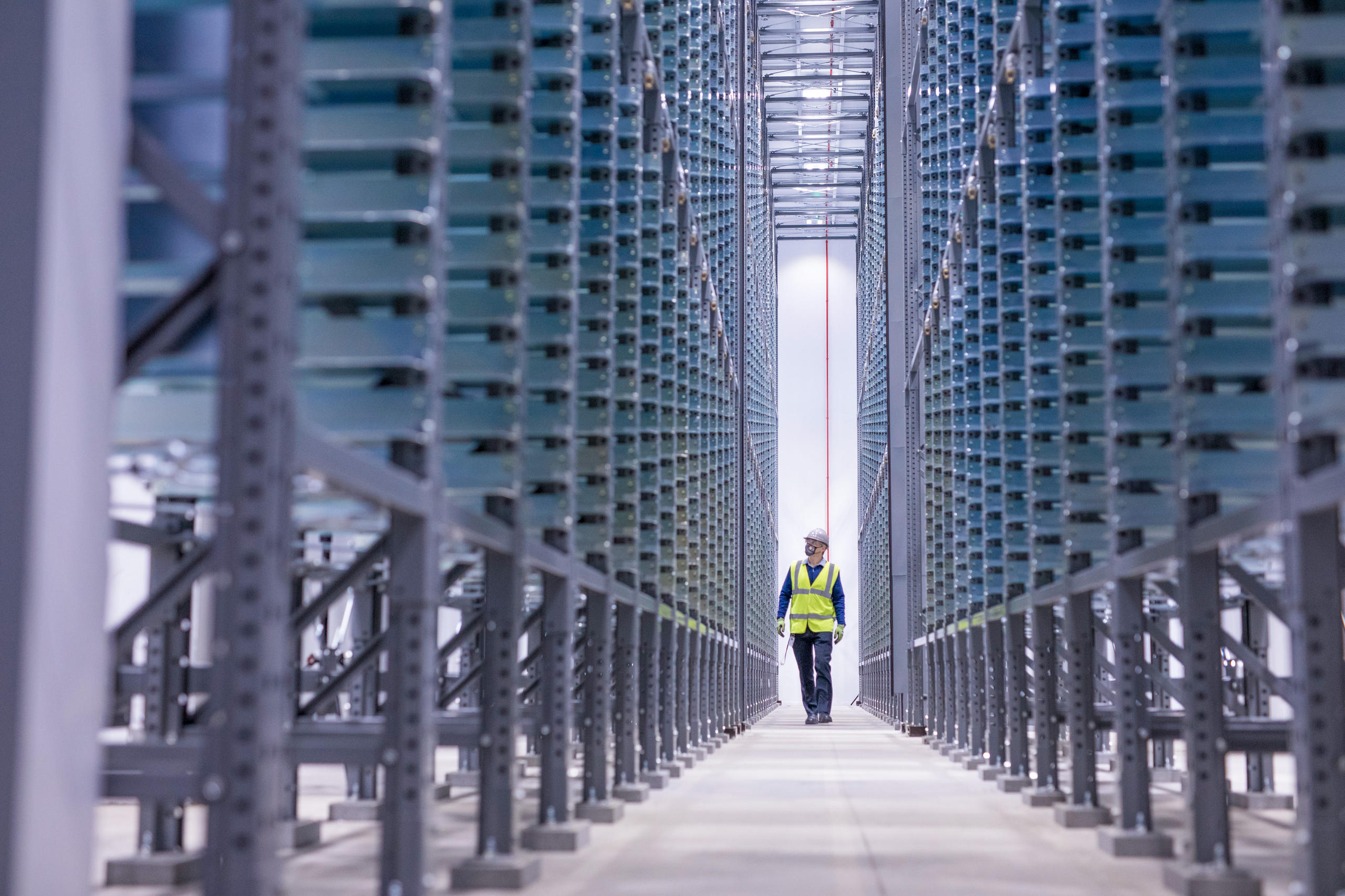Switzerland Adopts a ‘Tech Neutral’ Approach to AI Regulation

As nations around the world scramble to regulate artificial intelligence (AI), Switzerland is taking a distinct approach: a “tech-neutral” stance that prioritizes sector-based use cases over blanket regulations. While remaining outside the European Union (EU), Switzerland continues to shape its AI policies with a focus on fostering innovation and influencing global discussions on AI governance.
Switzerland’s Unique Position in AI Policy
Switzerland, renowned for its technological prowess, is no stranger to cutting-edge advancements. It hosts Crypto Valley, a global hub for blockchain innovation, and ETH Zurich, one of the world’s leading AI research institutions. However, unlike its EU neighbors, Switzerland is not bound by the recently implemented EU AI Act, giving it the flexibility to carve out its own regulatory path.
Cointelegraph spoke to experts like Ayisha Piotti, head of Switzerland’s Annual AI Policy Summit, and Alexander Brunner, an adviser to AI and blockchain companies, to unpack the country’s approach to AI regulation.
The Role of Democracy and Research in Shaping AI Policy
Switzerland’s stable democracy and emphasis on transparent dialogue form the foundation of its regulatory approach. Piotti highlighted the importance of public understanding and participation in shaping laws:
“We cannot just make laws; we have to make sure that the people are with us and they understand. That’s ingrained in our DNA.”
Brunner noted that Switzerland’s long-standing reputation for research excellence—bolstered by ETH Zurich—has positioned the country as a leader in both AI and blockchain. For 13 consecutive years, Switzerland has topped the UN Intellectual Property Organization’s innovation rankings. This focus on research ensures that AI development is supported by robust academic and technological foundations.
A Tech-Neutral Regulatory Approach
Switzerland’s neutrality extends beyond politics, influencing its stance on AI regulation. The Swiss approach emphasizes use-case-specific regulations rather than broad, technology-specific rules.
Piotti explained:
“We didn’t want to implement regulation on a technology specifically. We wanted to look at the technology in a certain use case and then fill in the gap regarding legislation.”
This sector-specific framework allows Switzerland to update existing laws rather than create entirely new ones for AI. Brunner described this as a careful balancing act:
“Carefully balancing sensible regulation with strong research is the foundation of Switzerland’s success. Innovation needs freedom to be creative.”
Collaboration and Global Influence
Despite its non-EU status, Switzerland plays a significant role in shaping international AI policies. Piotti noted that while Swiss businesses must comply with the EU AI Act to operate within the EU, the regulatory impact of the EU often extends globally through the "Brussels effect."
Switzerland’s role as a trusted moderator in global forums further enhances its influence. Geneva hosts several international organizations, where Switzerland actively participates in shaping AI governance. For example, Switzerland leads the AI working group within the Council of Europe, which includes participation from 46 member states, the United States, and Japan.
“Even though we are a small country, we want to have a big share of voice when it comes to international forums,” Piotti emphasized.
Balancing Innovation and Regulation
Switzerland’s approach ensures that AI innovation is not stifled by overregulation. By adopting a pragmatic, tech-neutral framework, the country reinforces its position as a hub for AI development while fostering collaboration on a global scale.
Brunner concluded:
“We have an outsized voice despite our lack of size. This is highly important in a polarized global political environment.”
Looking Ahead
As Switzerland continues to balance innovation with sensible regulation, its tech-neutral approach provides a model for other nations navigating the complexities of AI governance. Through collaboration, inclusivity, and its commitment to research, Switzerland is not only advancing its AI capabilities but also playing a pivotal role in shaping the future of global AI policy.




